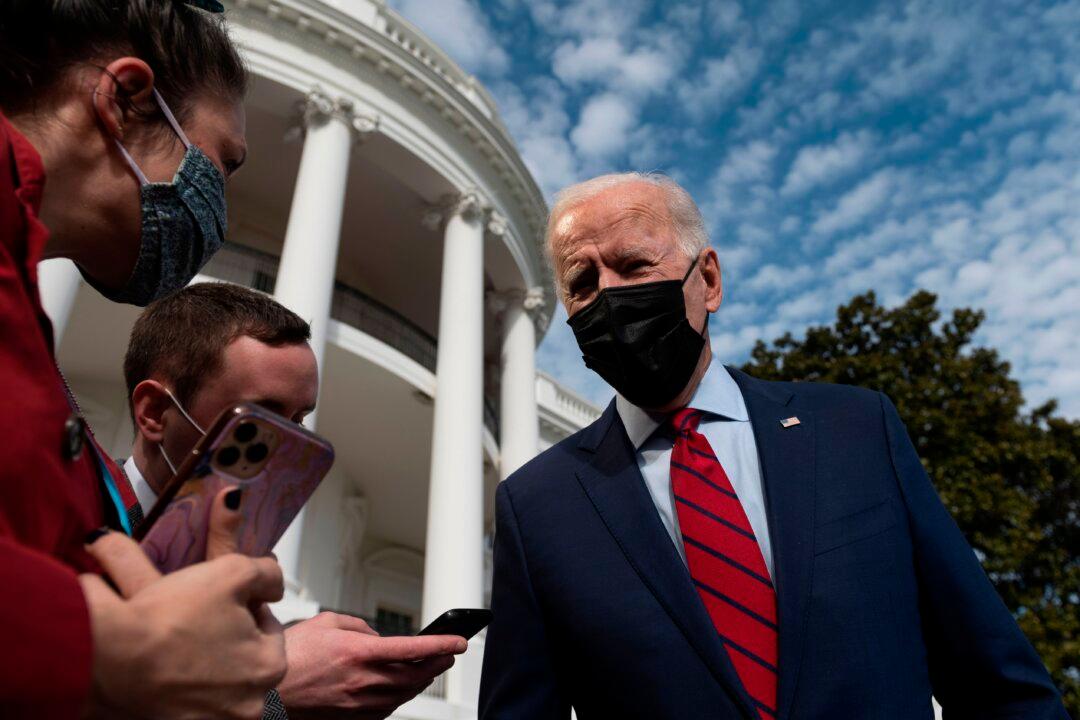President Joe Biden is committed to raising the minimum wage after a Senate rules expert declared the provision ineligible for the current form of the latest COVID-19 relief package, his press secretary said.
“He can’t do it on his own, but he is absolutely committed to raising the minimum wage to $15 an hour,” White House press secretary Jen Psaki said on Feb. 28.





